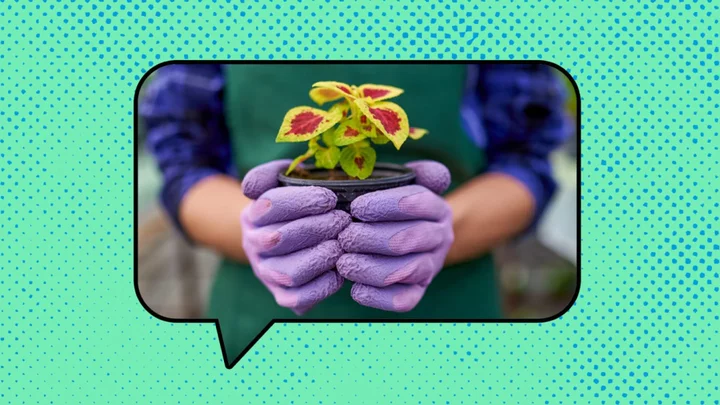Television has been the source of countless catchphrases, from “Did I do that?” (Urkel of Family Matters) to “Ayyyy” (Fonzie in Happy Days). For Baby Boomers, one of the more familiar was skittish deputy sheriff Barney Fife (Don Knotts) admonishing people to “nip it in the bud” on The Andy Griffith Show.
But what does it actually mean to nip it—whatever “it” is—in the bud?
According to Candace Osmond of Grammarist, the idiom has literal roots in horticulture. When you snip (or nip) a plant in its bud, you’re halting its growth and preventing it from spreading. As a metaphor for a problem, you’re solving a brewing concern before it has a chance to develop into something bigger.
Osmond dates its first usage back to the 16th century, where it also appeared as nip it in the bloom. It’s usually seen as a good thing, though it was sometimes used to indicate one has intervened on a potentially good thing, which would make it a bad thing.
Some examples:
“These petitions, so opposite to each other, seem to threaten the seeds of division, which the convention should nip in the bud,” read one political diatribe in a 1792 edition of The Evening Mail. (In accordance with British typography of the era, s was represented by a long s, which looks like an f, making it “Thefe petitionf, fo oppofite to each other, feem to threaten the feeds of divifion, which the convention fhould nip the bud.”)
A headline from a 1950 Bismarck Tribune story: “Truman Korea Stand Courageous; FDR Couldn’t Nip Last War in Bud.”
And one that has literal meaning, from a gardening column in a 1950 Daily Mirror: “On a similar principle, if you would rather have fewer large blossoms than many small ones, nip out small buds from clusters, leaving only the best to develop.”
Sometimes people confuse nip it in the bud with nip it in the butt, a phrase with no known origin and likely a mangling of the original idiom. If you catch someone saying the latter, you can prevent further embarrassment and inform them of the malapropism, thereby nipping it in the bud.
Are you a logophile? Do you want to learn unusual words and old-timey slang to make conversation more interesting, or discover fascinating tidbits about the origins of everyday phrases? Then get our new book, The Curious Compendium of Wonderful Words: A Miscellany of Obscure Terms, Bizarre Phrases, & Surprising Etymologies, out now! You can pick up your copy on Amazon, Barnes & Noble, Books-A-Million, or Bookshop.org.
Related Tags
WORDS History BOOKS NEWS TELEVISION WAR SLANGEditor's Picks
United Will Be the First Airline to Offer Braille Inside Its Cabins
15 Obscure Words That Are Pure Fire
Are You Really More Likely to Die on Your Birthday? The ‘Birthday Effect,’ Explained
Why So Many Burger Chains Use Thousand Island Dressing as Their Special Sauce

